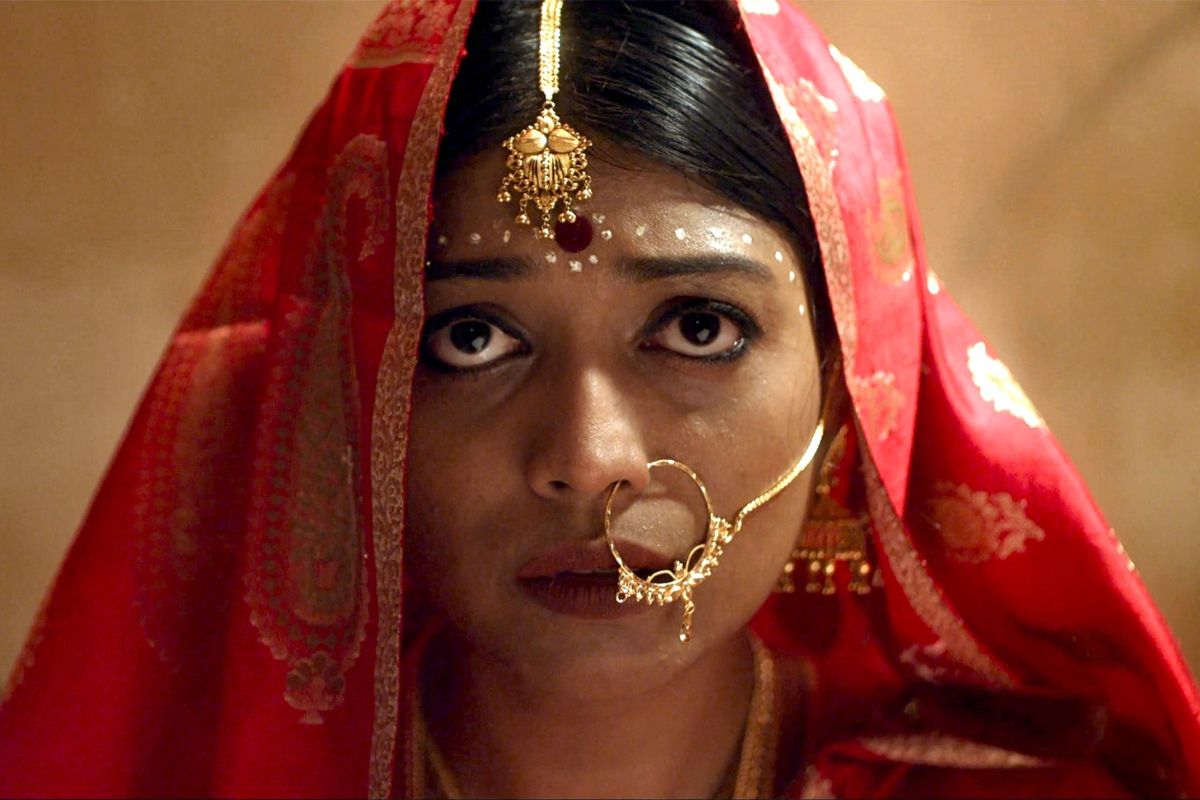
Published: : November 1, 2025, 01:56 PM

Leesa Gazi’s A House Named Shahana (Barir Naam Shahana) begins with a simple, disarming image: Dipa’s divorce papers fluttering away in a rickshaw. The moment carries the weight of an entire life, one that has been denied, silenced, and finally, set loose. That accidental loss feels almost poetic; she’s so overwhelmed by freedom that she momentarily forgets the document that makes it official.
The story rewinds eight years, and through those flashbacks Gazi takes us into a household that speaks the language of control. Dipa, played with haunting restraint by Aanon Siddiqua, is a young woman forced into marriage with a widower in England, over a phone call, without her consent. The men in her family decide everything; her silence is taken as agreement.
The film moves through these moments without melodrama. It shows the quiet machinery of patriarchy, the way ordinary people enforce cruelty with a smile, the way gossip becomes law. When Dipa finally escapes and returns to Bangladesh, she faces another kind of imprisonment: the social shame of being a divorced woman. Yet here, the film begins to breathe.
Dipa studies medicine, adopts a child, and rebuilds herself piece by piece. She does not rage; she endures, and through endurance, she transforms. Her line, “I didn’t come to ask for permission, I came to inform,” is not written for applause, it’s a whisper of rebellion, honest and necessary. Gazi’s direction carries both tenderness and fury.
The cinematography by Kosher Musavvir mirrors Dipa’s shifting interior world, close shots of mirrors, kitchens, and narrow rooms where every reflection feels like a question. The use of songs, especially Choturdike Pani and Joler Poddo Jole Aka, doesn’t decorate the film but deepens it. They echo memory, loneliness, and the small joys that keep Dipa alive.
What makes A House Named Shahana stand out among recent Bangladeshi films is its refusal to dramatize womanhood. Gazi’s storytelling isn’t loud, it’s patient, intimate, and utterly human. Even when the pacing drags or the symbolism feels overstated, the truth of her world remains intact. Dipa's freedom is ultimately real, brittle, and incomplete rather than triumphant. That's exactly what makes the movie so memorable. It's about the silent revolution of learning to live according to her own terms, not just about a woman who makes it through.